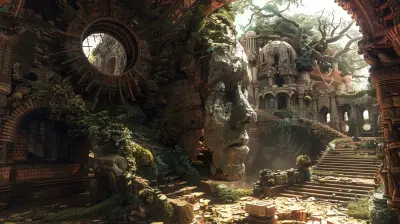Why Some Legacy Consoles Are Still Thriving Today
28 August 2025
Let’s be real—gaming technology has come a long way. We’re in the age of hyper-realistic graphics, intricate open worlds, and mind-blowing VR experiences. Yet, somehow, older consoles like the PlayStation 2, Sega Dreamcast, and even the Game Boy Advance still have a cult following. How does that make sense in 2023? Shouldn’t these “obsolete” relics have been left gathering dust in attics by now?
Well, not so fast. Legacy consoles are thriving in ways you wouldn’t believe. They’re not just surviving—they’re thriving. Let’s dive deep into why these gaming legends are still turning heads and winning hearts, even in a world dominated by shiny new tech.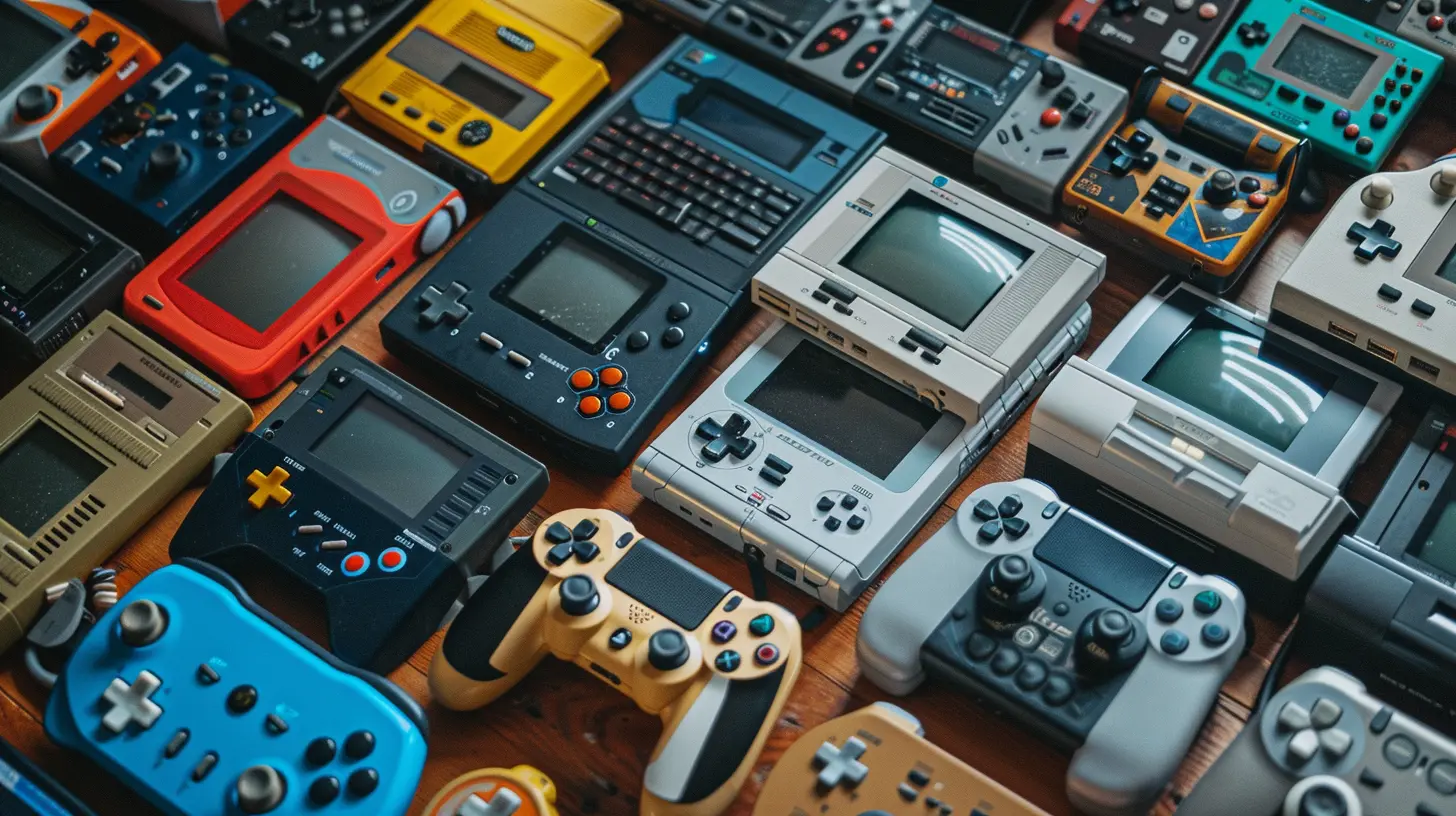
Nostalgia: The Ultimate Power-Up
You can’t underestimate the power of nostalgia—it’s the secret sauce driving the love for legacy consoles. Remember unwrapping your first console on a holiday morning? Or the hours spent battling your siblings in pixelated worlds? For many, these memories are tied to older consoles.Playing Crash Bandicoot on a PS1 or Mario Kart on an N64 isn’t just about gaming; it’s about reliving simpler times. Nostalgia often brings comfort, and legacy consoles are a ticket back to those golden moments. It’s like hearing your favorite childhood song all over again—it just hits differently.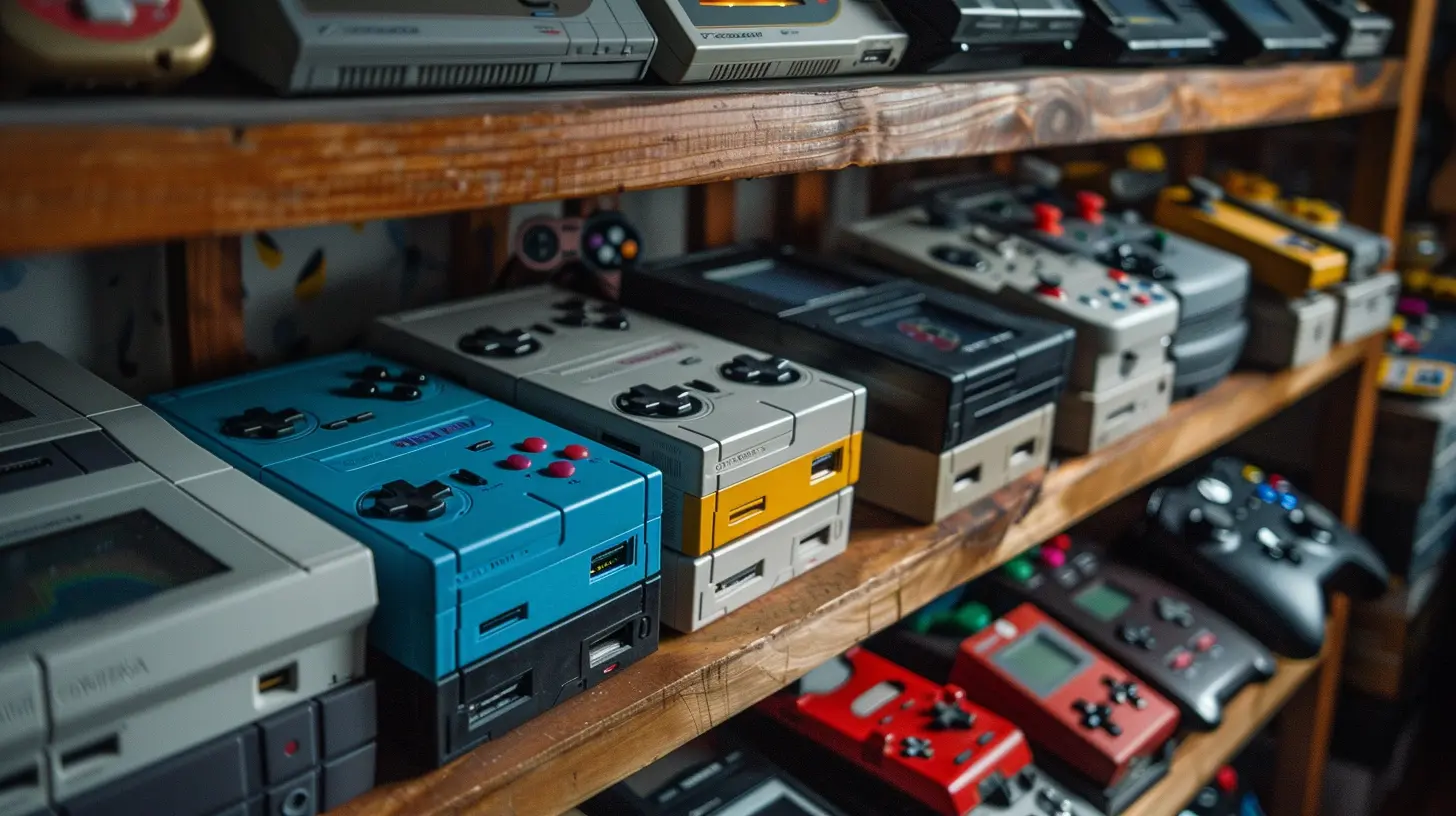
Games That Aged Like Fine Wine
Many games from legacy consoles hold up remarkably well. Why? Because back then, developers didn’t have the luxury of ultra-powerful hardware. They had to focus on nailing gameplay mechanics and creating unforgettable stories. Ever played The Legend of Zelda: Ocarina of Time? Even in 2023, it’s still considered one of the best games ever made. That kind of timeless quality isn’t limited to just Zelda; franchises like Final Fantasy, Metal Gear Solid, and Street Fighter had their golden eras on legacy consoles.Modern games often prioritize graphics and live-service models, but let’s be honest—how many of them have that “just one more go” kind of magic? Sometimes, simpler really is better.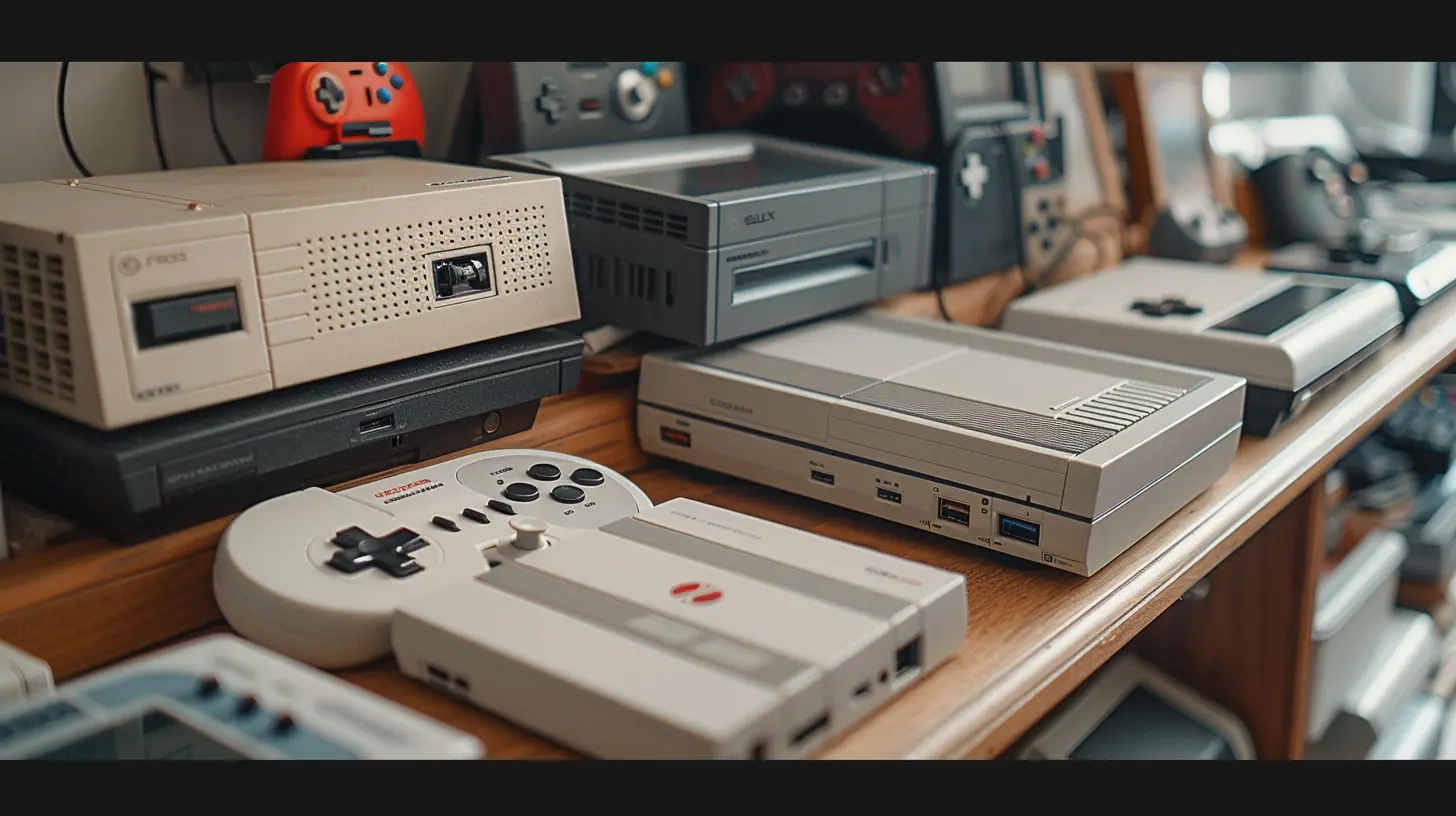
Physical Media: The Charm of Owning Something Tangible
Today’s gaming industry is all about digital downloads and cloud gaming, but there’s something irreplaceable about holding a cartridge or CD in your hand. Legacy consoles remind us of a time when gaming felt more physical and personal. Popping in a game cartridge, hearing the click, and seeing the startup splash screen—there was a ritual to it.Plus, owning physical games means no worrying about servers shutting down or DRM restrictions. You’ve got the game, and it’s yours forever. That’s becoming a rarity in the modern era, and it’s one of the reasons retro collectors are willing to spend big bucks on vintage games and consoles.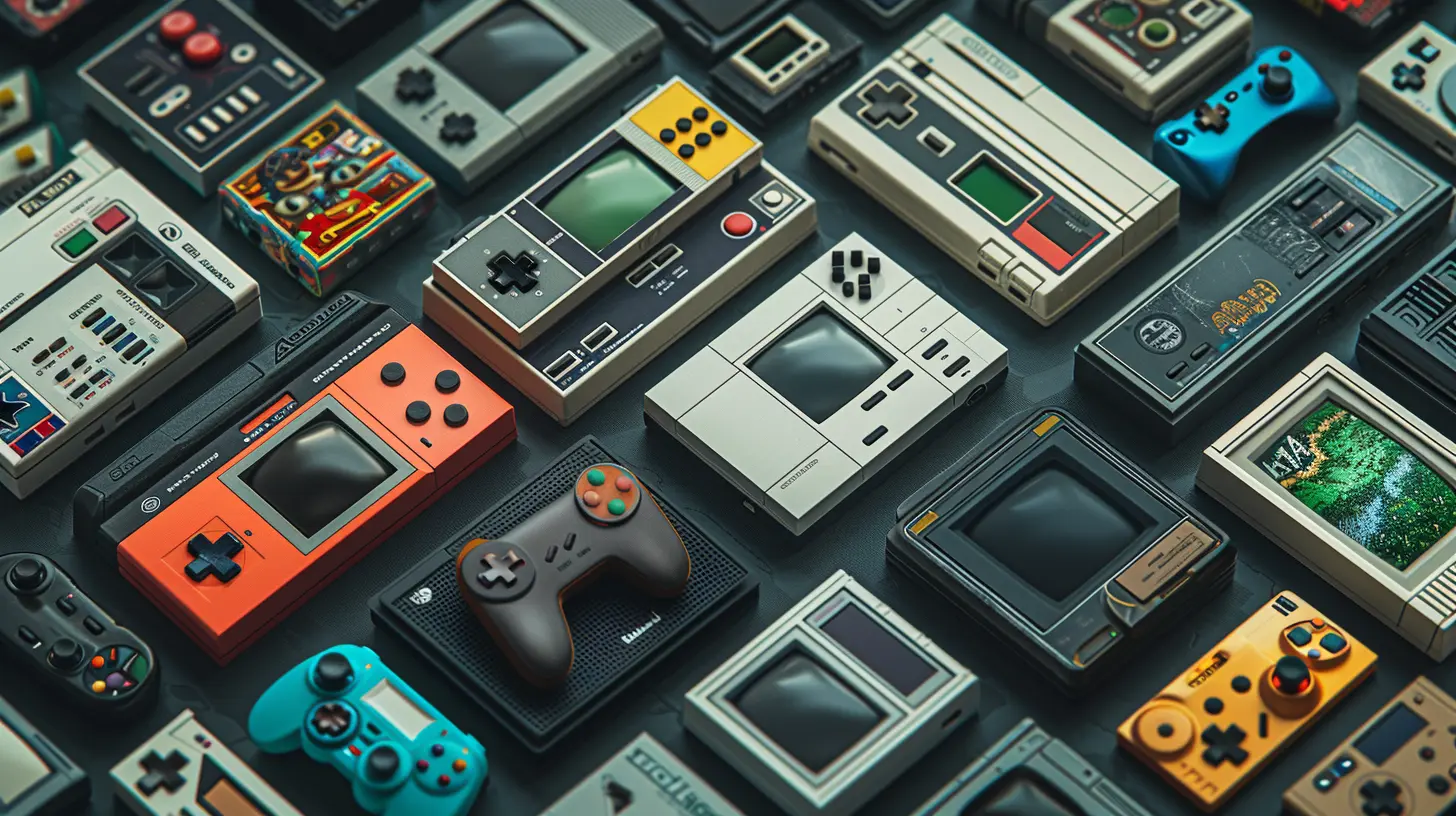
Modding and Homebrew Communities
Legacy consoles have found second lives thanks to modders and homebrew developers. These communities are keeping older systems not only alive but more functional than ever. Need an HDMI output for your Sega Genesis? Someone’s built an adapter for that. Want to play custom levels in Super Mario World? There’s a ROM hack for that too.And it’s not just hardware mods. People are creating brand-new games for these old systems. Seriously, there are indie developers releasing new titles for the Dreamcast in 2023. How wild is that? Legacy consoles have become a playground for tinkerers and creators, which only keeps them alive and kicking.
Affordability: Next-Level Bang for Your Buck
Let’s face it—modern gaming can be expensive. Between $500 consoles and $70 games, not everyone can afford to stay current. That’s where legacy consoles shine. A PlayStation 2 and a stack of games can cost less than one modern AAA title. For budget-conscious gamers, retro gaming provides incredible value without sacrificing quality or fun.It’s also great for introducing younger players to gaming. Want to get your kid started without dropping a fortune? Grab a GameCube and some Mario games. They’ll be just as entertained as they would be with the latest systems—promise.
The Rise of Retro Gaming Communities
Retro gaming is more than just a hobby—it’s a culture. Whether it’s collectors sharing their finds on Instagram or YouTubers diving deep into the history of a console, the retro gaming scene has exploded. Events like gaming expos and swap meets bring enthusiasts together, making legacy consoles a social experience as much as a personal one.And let’s not forget online communities. Reddit, Discord, and forums are filled with fans trading tips, stories, and rare games. Legacy consoles have become a bridge between generations of gamers, fostering connections and shared joy.
Emulation: The Digital Safety Net
Even if you don’t have the original hardware, emulation makes it easy to experience the charm of older consoles. Software emulators can run classic games on modern devices, preserving gaming history for future generations.While some argue about the legality of emulation, there’s no denying its impact. For every dusty NES in someone’s basement, there are probably thousands playing Super Mario Bros. on an emulator. This accessibility helps keep old systems relevant, even for those who’ve never touched the original hardware.
Collectability: Turning Gaming Into an Investment
Let’s talk money. Legacy consoles and games have become collectibles, with rarer items fetching jaw-dropping prices. Got a boxed copy of Chrono Trigger or EarthBound? Congrats—you’re sitting on a goldmine.There’s genuine excitement in hunting for that one elusive cartridge or completing a collection. It’s like being a treasure hunter, but instead of gold doubloons, you’re looking for SNES cartridges. This passion for collecting adds a whole new dimension to retro gaming.
Old-School Multiplayer: Couch Co-op Rules
Modern multiplayer gaming is great and all, but there’s something about sitting next to your friends with controllers in hand, trash-talking each other in real-time. Legacy consoles thrived during the golden age of couch co-op and split-screen multiplayer.Mario Party, GoldenEye 007, Smash Bros., Halo—the list goes on. These games weren’t just about gameplay; they were social experiences. In a world where online multiplayer dominates, legacy consoles keep the spirit of in-person gaming alive.
The Simplicity Factor
Sometimes, all you want is to turn on a console and start playing, no updates or logins required. Legacy consoles offer a level of simplicity rarely seen in modern gaming. There are no loot boxes, battle passes, or game-breaking bugs waiting for a 50 GB patch. Just pure, unadulterated fun.It’s like the difference between driving a high-tech electric car and an old-school muscle car. Both are awesome, but the latter has a certain charm that tech can’t replicate. Legacy consoles strip gaming back to its core—and sometimes, that’s all you need.
The Legacy Lives On
Legacy consoles may no longer be the kings of the gaming world, but their impact is undeniable. They’re a slice of history, a source of nostalgia, and a testament to the magic of gaming’s simpler days. Whether it’s through the joy of collecting, tinkering with mods, or reliving childhood memories, these consoles have cemented their place in gaming culture.So, if you’ve got an old console gathering dust, maybe it’s time to dust it off and give it another go. Who knows? You might just rediscover what made you fall in love with gaming in the first place.
all images in this post were generated using AI tools
Category:
Gaming ConsolesAuthor:

Lana Johnson
Discussion
rate this article
1 comments
Abram McGillivray
In nostalgia's embrace, vintage consoles glow, where memories linger and timeless joy flows.
September 11, 2025 at 2:41 PM

Lana Johnson
Thank you! Nostalgia plays a powerful role in keeping these legacy consoles alive, reminding us of joyful moments and connecting generations through shared gaming experiences.


